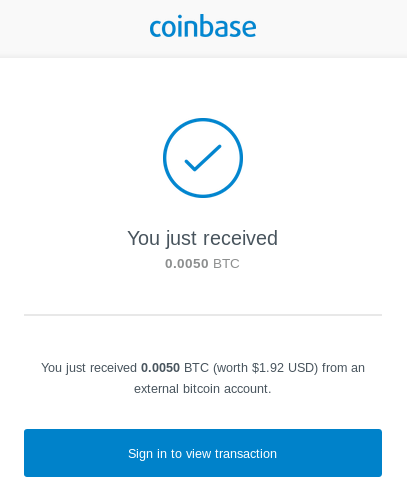

Remember, with the Bitcoin blockchain, blocks are designed in such a way that each one must be less than, or equal to, 1MB (1,000,000 bytes): on average, a block is mined every 10 minutes.

The site also provides a chart showing the historic daily average bitcoin transaction fees, denominated in satoshis per byte. privacypros.io, for example, provides the network fees associated with having your transaction mined within three blocks (30 minutes) or six blocks (1 hour), as well as within the next block (10 minutes). What about Bitcoin network fees? Thankfully, there are a few online calculators available. As with the Zumo wallet, you also get to see the price in fiat (in this case, US dollars). The website will show the gwei amount associated with slow (>10 minutes), standard (3 minutes), fast (1 minute) and rapid (15 seconds) transaction speeds. In the case of ETH, users can visit to get a real-time indication of gas price, denominated in gwei, aka nanoeth, a unit equal to one billionth of an ether. At this stage, you can either cancel or confirm.īut what if you want to know in advance the sort of fee you can be expected to pay? As mentioned, the price depends on factors such as network conditions, data size, transaction speed and, of course, the asset itself: sending ETH, for example, is generally cheaper than sending BTC since the latter has a higher mining cost. When you send funds, you can check the estimated network fee on the transaction confirmation screen before you initiate the transfer: the amount will be shown in crypto (0.000014 BTC, for example) and fiat (£0.11). Well, if you’re using the Zumo app, you don’t have to calculate: Zumo will do it for you. So, you want to send bitcoin or ether to another wallet and you’re keen to know the network fee. Naturally, the faster the transaction speed, the higher the fee.
Coinbase transaction fees too high free#
As for the fees themselves, they depend on various factors such as network activity (since a finite number of transactions can be included in any block) and the data size of the transaction, with users free to choose between low, medium or high transaction speeds. Of course, not all transactions are alike: miners are financially incentivised to prioritise the confirmation of tx that carry a higher fee. Network fees must be paid for all transactions to ensure they get validated, and fees represent the fuel that keeps the gear wheels turning. In short, network fees are broadly synonymous with transaction fees, and they are paid to cryptocurrency miners as a reward for adding transactions to the public ledger. So, who sets the rates and who’s profiting? If you’re new to the cryptosphere, you might be wondering: what on earth are network fees? After all, there’s no bank in blockchain. In this short guide, we’ll help you better understand the blockchain fee process, so you’re able to work out what sort of fees you’re likely to pay whenever you send the two most popular cryptocurrencies, bitcoin (BTC) and ether (ETH). Sending crypto is cheaper than many traditional payment methods, but it’s certainly not free – and on occasions can be downright expensive. That said, it’s good to be mindful of the network fees that each cryptocurrency transaction (tx) entails. Dispatching digital assets without having to involve an intermediary takes a matter of seconds and makes a mockery of the interbank charges users must accept when sending fiat currency internationally. The ability to send cryptocurrency to another party – regardless of who they are or where they live – is a power to cherish.


 0 kommentar(er)
0 kommentar(er)
